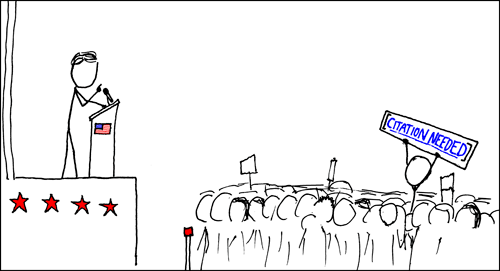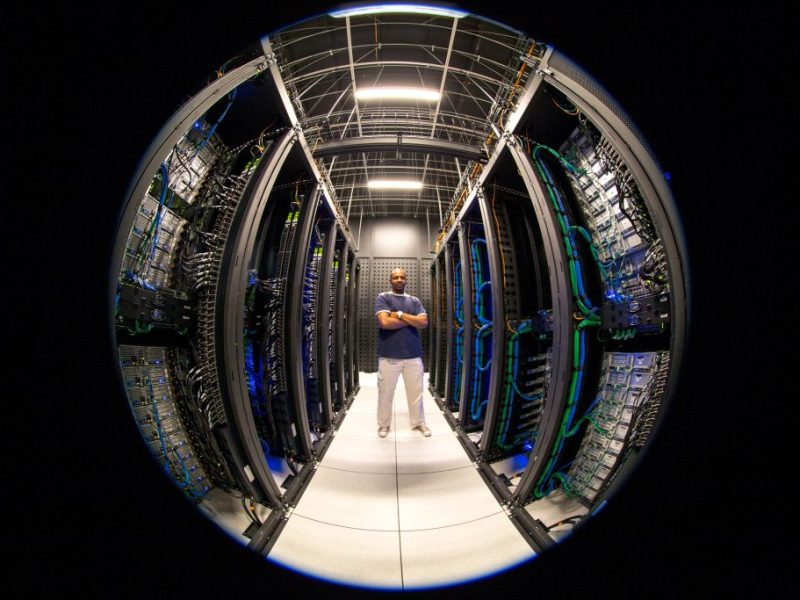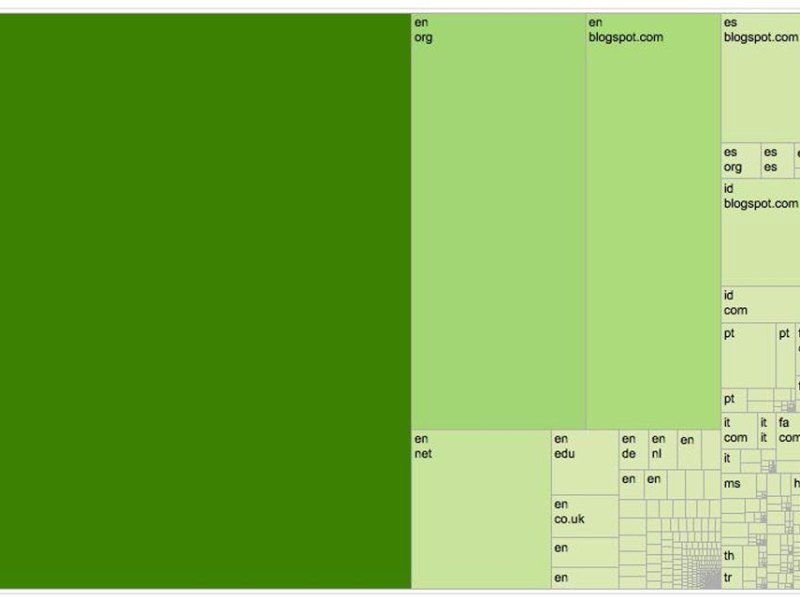
Thanks for the thanks! Examining the efficacy of Wikipedia’s thanks feature
Much like Asgard, Wikipedia is not a place but a people. Specifically, an extensive community of volunteers from around the world who donate their time each day to building, curating, and watching over the largest collection of knowledge ever assembled. Unlike Asgard, the people who contribute to Wikipedia often only rarely meet outside of the….

Designing ethically with AI: How Wikimedia can harness machine learning in a responsible and human-centered way
The past few years have seen an explosion of journalism, scholarship, and advocacy around the topic of ethical AI. This attention reflects a growing recognition that technology companies often fail to put the needs of the people who use machine learning (or “AI”) technology, and of society as a whole, ahead of their business goals.….

Can machine learning uncover Wikipedia’s missing “citation needed” tags?
One of the key mechanisms that allows Wikipedia to maintain its high quality is the use of inline citations. Through citations, readers and editors make sure that information in an article accurately reflects its source. As Wikipedia’s verifiability policy mandates, “material challenged or likely to be challenged, and all quotations, must be attributed to a….

Why the world reads Wikipedia: What we learned about reader motivation from a recent research study
Wikimedia’s mission is to provide educational content and to effectively disseminate it. Doing so requires understanding the needs and motivations of the people who read Wikipedia. In this blog post, we discuss what we learned about Wikipedia reader motivations and needs across 14 languages from a recent research study.

"We keep the servers going … and much more": Recent highlights from our Technology department
Running the servers is only a fraction of the technical and community work that the Wikimedia Foundation's Technology department does every day. Here's who we are, along with a few snapshots of our work.

Foundation research project learns from Czech and Korean Wikipedia communities
From May to July 2017, researchers conducted in-person interviews with 64 new and experienced editors in South Korea and the Czech Republic. The Czech and Korean Wikipedias were chosen to represent mid-sized wikis.

Wikimedia IEG program will fund fourteen community-led projects
We are excited to announce the successful grantees from round two of the Wikimedia Foundation’s 2015 Individual Engagement Grants (IEG) program. Individual Engagement Grants (IEG) provide funding to individuals and small teams to take on projects with potential for online impact and that advance the Wikimedia Foundation’s mission and strategic priorities. These projects can take….

Despite headlines, frequent edits don’t cause inaccuracy
Wikipedia is the encyclopedia anyone can edit. It didn’t surprise us to learn that articles considered to be controversial are frequently edited.

What happens when you give a Wikipedia editor a research library?
The Wikipedia Visiting Scholars program gives editors special access to university and library resources, which helps them improve content quality and support new collaborations, as part of the Wikipedia Library project.

Who links to Wikipedia?
To learn more about who links to Wikipedia, University of Sheffield researchers analyzed the structure of links that point to Wikipedia pages from external websites. Here's what they found. (...)
- 1
- 2